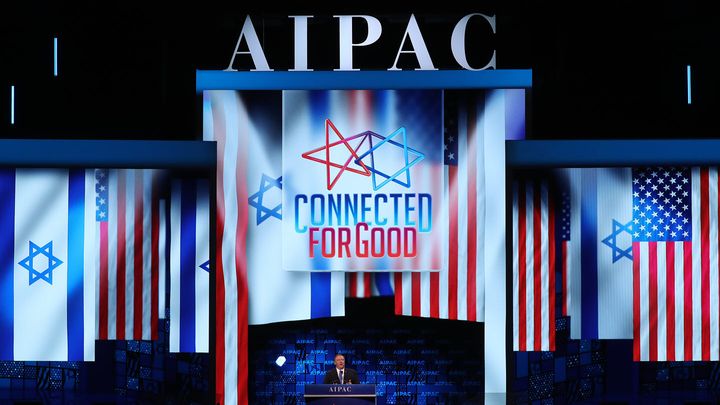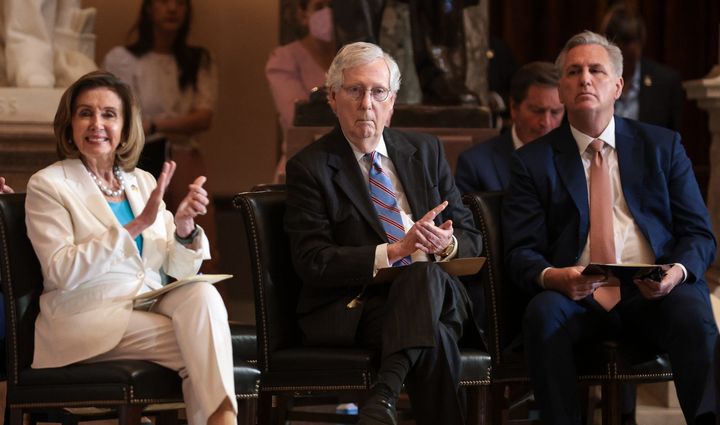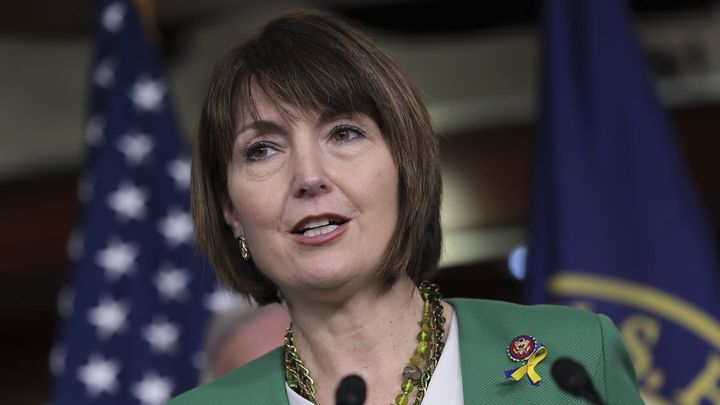For the first time ever, the American Israel Public Affairs Committee, or AIPAC, has begun making political donations.
AIPAC established a federal PAC, American Israel Public Affairs Committee PAC (AIPAC PAC), in December, and began donating to candidates in late January, according to new disclosures filed with the Federal Election Commission. So far, AIPAC PAC has made at least $71,000 in political donations, with its top beneficiaries being Senate Republicans John Hoeven (N.D.) and Todd Young (Ind.), and House Democrat Henry Cuellar (Texas), who is facing a competitive primary on March 1 in the Texas Twenty-Eighth Congressional District against progressive Jessica Cisneros.
AIPAC PAC is operating as a conduit that allows its donors to specify to which candidates they would like their donations to be given. This arrangement allows it to ignore the contribution limits that PACs typically have to follow. For example, AIPAC PAC has already given Hoeven at least $26,550, earmarked from more than two dozen individual donors, far more than the $5,000 maximum per year that PACs are generally allowed to give a candidate.



